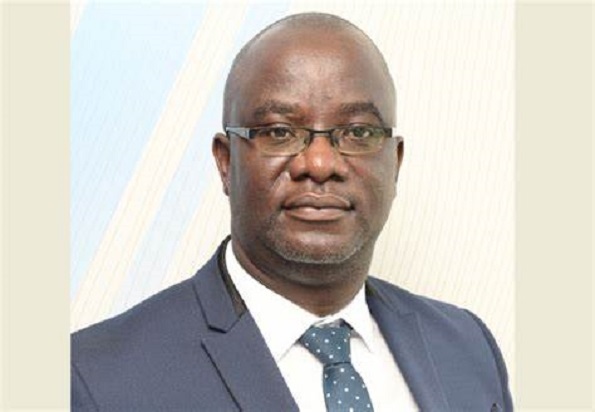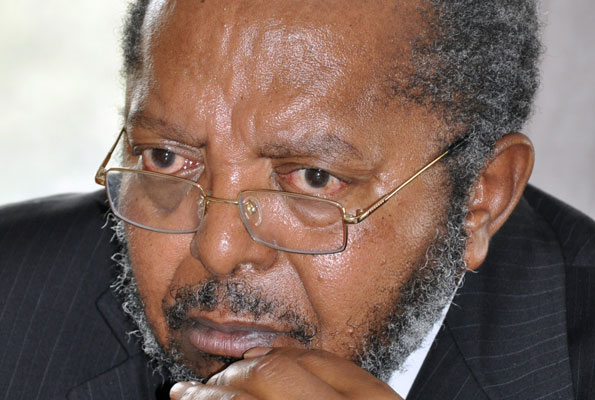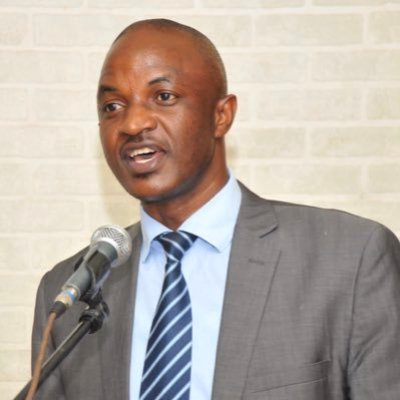President Museveni (R) and Ruto
Kenya’s new government took full charge of affairs on Thursday, following the swearing-in of the cabinet ministers.
All ministers except Peninah Malonza, who was nominated for Tourism, Wildlife, and Heritage, successfully went through the vetting process by the vetting committee that concluded work on Tuesday.
The former Kitui County Deputy Governor was, however, approved by Parliament later.
The Committee stated that Malonza had all the required academic and moral qualifications, as well as a clean criminal record, but that she exhibited a lack of understanding of the docket she was going to preside over.
Malonza, who replaces Najib Balala, said she just lost her self-control and messed up her responses, not that she didn’t know what to say.
“I promise to quickly internalize policies and legislation in the tourism industry,” she stated after the vetting process.
Tourism is a global industry and Uganda is Kenya’s biggest market in terms of visitors.
The two countries also have a joint initiative, the Single Tourist Visa, together with Rwanda, while Tanzania rejected the idea citing national security issues.
She will therefore be expected to boost the region’s efforts for further tourism sector integration to make the EAC a stronger destination for not only tourists, but also investors in the industry.
Her efforts are also needed to push for the liberation of the East African airspace to ease the infrastructure challenges and make travel cheaper.
The EAC Tourism Platform, an association of tour operators in the region, says the expensive aviation services are one of the major challenges to tourism sector growth.
One of the most critical sectors in the region is infrastructure, which is the mainstay of regional integration; roads, railways, waterways, and aviation networks.
Onesmus Kipchumba Murkomen is one of those who have supported efforts aimed at improving infrastructure between Kenya and other countries.
He supported the decision by the former President to allocate land to Uganda to construct a dry port at Naivasha, when many were opposed to it, on grounds that easing business conditions for Uganda would favor Kenya’s economy.
“People should recognize that a big percentage of the cargo that is cleared in the Port of Mombasa is destined for Uganda, Rwanda, Burundi, and the Democratic Republic of Congo (DRC).
The fact that they will be using our Port and the SGR, will create a lot of employment in the country, something that will improve our economy. So, we need to spend time to think through some of the strategies so as to appreciate the importance of regional integration,” he said.
One of his promises to make public the details in the Standard Gauge Railway contracts should be of interest to Uganda which has plans of building her SGR using finances from similar sources as Kenya.
The SGR in Kenya has been making losses year after year, while its total cost has risen to 5.5 billion dollars (21 trillion Uganda shillings).
Uhuru’s government insisted that the contracts had non-disclosure clauses for the sake of national security, but he says this was a pretext to keep the real costs away from the public.
The main question relates to whether or not Kenya Ports Authority was used to guarantee the loans.
He comes in at a time when Uganda has decided to concentrate on rehabilitating the 100-year-old meter gauge railway, following failure to convince the Chinese to release funds for the SGR from Kampala to the border.
Minister Edward Katumba Wamala says the plans are still on for the SGR but that it is important to invest in what is currently possible with the available resources.
Uganda’s intention was to build the SGR from the capital to the border but, like Kenya, it has to rely on China for funding.
However, China needed confirmation that the two countries will each extend their networks to the border, a condition that neither Kenya, could be sure of being met.
A Naivasha-Malaba SGR would also restore some business at Naivasha which had been created by Kenyatta’s decision to route all Uganda-bound cargo through the Naivasha Inland Port before Ruto reversed it.
Murkomen also has to take on the Lake Victoria multimodal transport system whose revival was spearheaded by President Kenyatta and Raila Odinga.
Kenya and Tanzania have been pressing Uganda to complete its piers at Port Bell, Jinja, and Bukasa so that the triangular network becomes operational.
Murkomen has over the years made controversial statements, arguably as jokes, about Uganda, including claims that the Uganda People’s Defense Forces had been defeated in Somalia until Kenya deployed its forces, and that Uganda rates among the worst countries in democracy.
But he is also said to have been on the team of Kenyan legislators who visited Uganda twice in 2016 reportedly to boost the election campaign of candidate Yoweri Museveni.
In the Agriculture sector, Mithika Linturi, the former senator from Meru County comes just as Kenya starts the development of Genetically Modified Organisms ( GMOs) to improve agricultural productivity and tame food insecurity.
His other promise was to encourage youths to get into agriculture as a source of employment.
”I will work towards changing the mindset of the youth and encourage them to take Agriculture positively so that they get into farming to produce food for the country.”
He also promises to subsidize farm inputs to bring down the cost of agricultural production.
Kenya has not only suffered food insecurity but the farmers there constantly cry to authorities to limit the importation of Ugandan products, especially grain, poultry, and dairy products as well as sugar.
This is mainly because the agricultural products from Uganda are usually cheaper, because of the low cost of production.
This is the Kenyan challenge that Linturi is out to resolve by introducing subsidies in inputs.
Uganda’s Minister of Agriculture, Animal Industry, and Fisheries hailed the nomination of Linturi last month and expected to team up with him to grow the sector in the region.
“Particularly, I congratulate the Hon Mithika Linturi, CS for agriculture and livestock. I look forward to working out jointly a mutually beneficial cooperation framework for our farmers on both sides.
I have hope that we shall agree to support each other’s interests and create a win-win agricultural trade order for our people,” Minister Frank Tumwebaze said.
Similar views were expressed by Moses Kuria, the Cabinet Secretary for Trade after he met his Ugandan counterpart, Francis Mwebesa.
Kuria seemed to have taken in good faith the response by Mwebesa on Ugandan eggs flooding the Kenyan market.
Mwebesa asked why Kenya should block the importation of eggs from Uganda, yet Uganda imports 1 million chicks weekly from Kenya.
This also puts into the spotlight Rebecca Miano, the new Cabinet Secretary for East African Community, Arid and Semi-Arid Lands and Regional Development, who is charged with ensuring Kenya takes its part and role in matters of regional integration.
Miano and Finance CS are the only members of the cabinet who have not been in elective politics.
She was the Chief Executive Officer of KenGen, the largest electricity generation company in East Africa.
She comes in at a time when Kenya’s trade with her neighbors has dwindled over the last three years, especially in terms of the country’s exports.
Speaking at the independence anniversary at Kololo, President Ruto said, “The promise of the East African Community will only be realized when our borders transition from barriers to bridges of opportunity. A borderless EAC will harness wealth and catalyze growth for the prosperity of our nations through the unhindered movement of goods, services, and people,” he said.
Later, while addressing the manufacturers association of Kenya, Ruto also made it clear he was opposed to trade wars when the manufacturers complained about cheap milk imports from Uganda.
“Why are we having a quarrel with Uganda? Uganda should bring cheaper milk because they can produce it much more cheaply. We should be adding value to our own milk and selling it to other regions,” he said.
-URN





